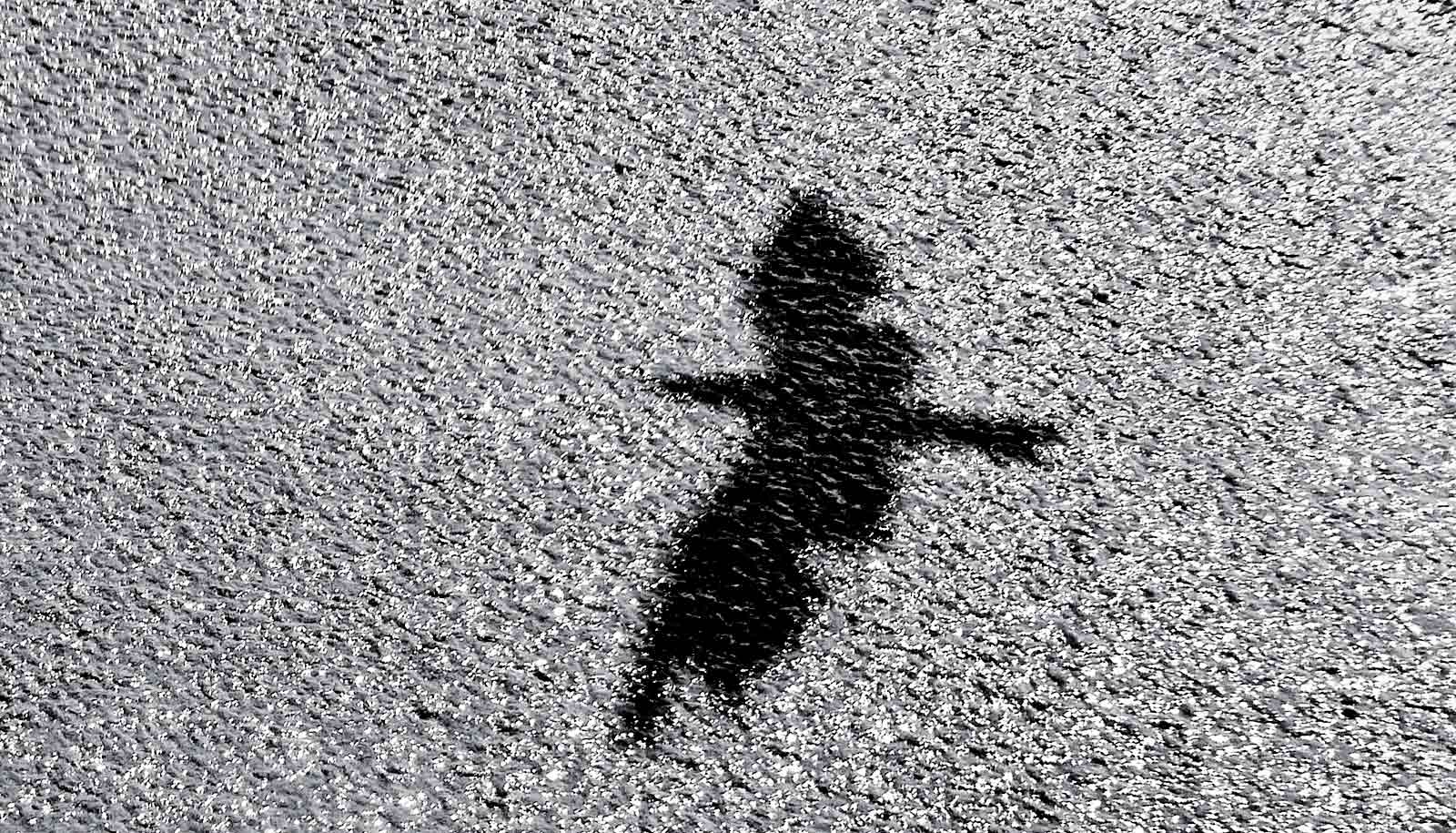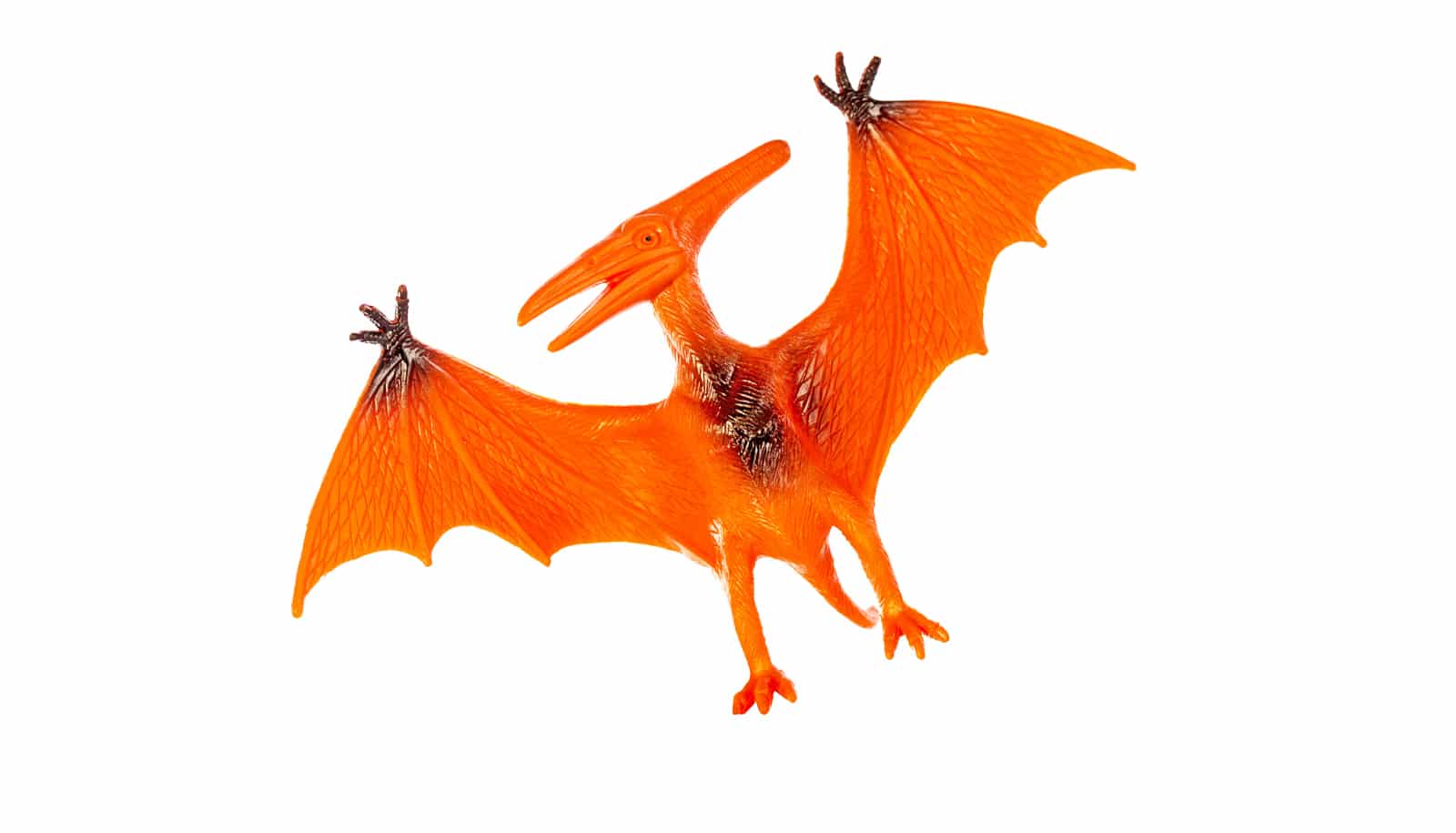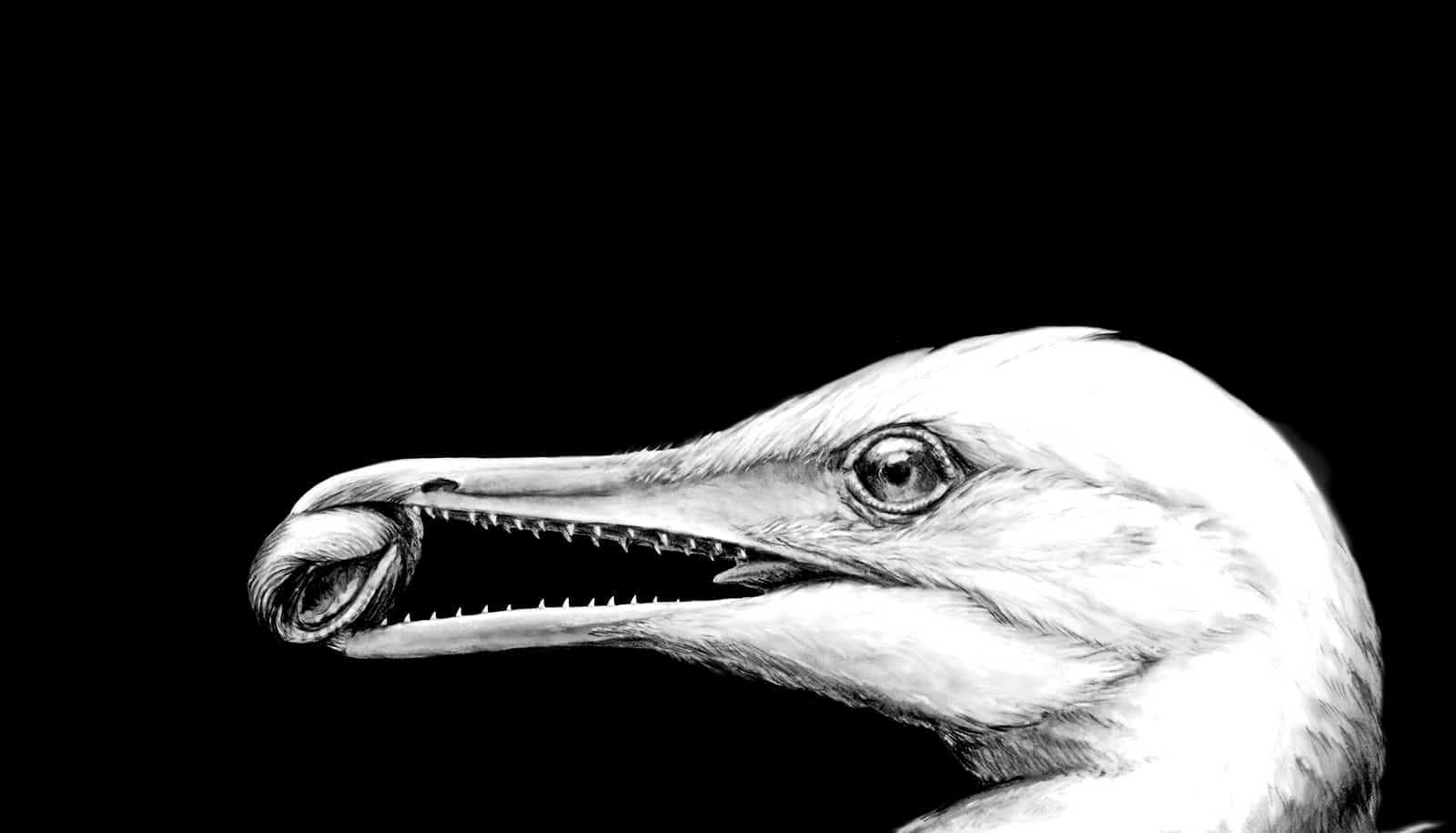Powered flight may have evolved in feathered dinosaurs and early birds at least three different times, a new study shows.
Researchers used the most comprehensive study of these creatures to revise the evolutionary relationships of dinosaurs at the origin of birds. The team poured over fossils, developed a new analytical pipeline to search for evolutionary trees, and estimated how each species may have crossed the stringent thresholds for powered flight.
“Our revised evolutionary tree supports the traditional relationship of dromaeosaurid (‘raptors’) and troodontid theropods as the closest relatives of birds,” says Rui Pei of Hong Kong University. “It also supports the status of the controversial anchiornithine theropods as the earliest birds.”
With this improved evolutionary tree, the team reconstructed the potential of bird-like theropods for powered flight, using proxies borrowed from the study flight in living birds.
The team found that the potential for powered flight evolved at least three times in theropods: once in birds and twice in dromaeosaurids.
“The capability for gliding flight in some dromaeosaurids is well established so us finding at least two origins of powered flight potential among dromaeosaurids is really exciting,” says Michael Pittman of Hong Kong University.
“This was a fun collaboration over several years,” says Hans Larsson, a professor at McGill University.
“For the first time, we have a well resolved evolutionary tree of these small, feathered dinosaurs to ask questions about how birds originated. We were able to map biomechanical limits to all these species and propose a picture of experimentation within a spectrum of near-flight to fully-flighted capabilities in these wonderful little carnivores,” Larsson says.
“This goes against the simple, linear stepping forward through evolution model of bird origins and instead presents one were an explosive radiation of feathered dinosaurs were experimenting with many kinds of wing-assisted locomotion. I think this is the most realistic view of bird origins to date.”
The study will appear in Current Biology.
Source: McGill University


